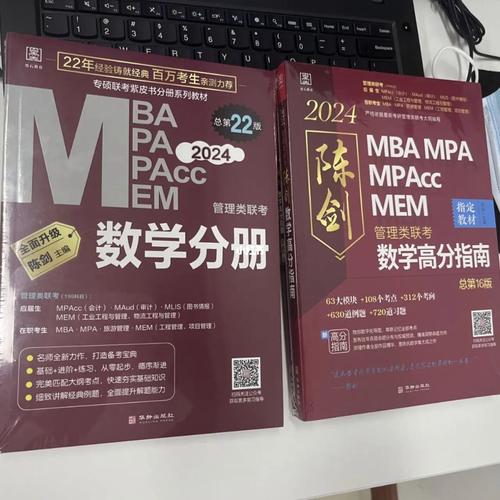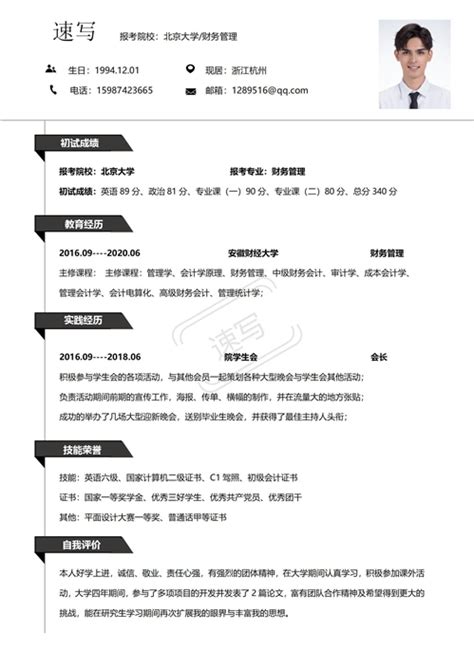Food engineering is a multidisciplinary field that combines principles of engineering, microbiology, chemistry, and nutrition to develop processes and products related to food production. If you are preparing for the postgraduate entrance examination in food engineering and need to study English, here are some key points to focus on:
1. Technical Vocabulary:
Make sure you are familiar with technical terms related to food engineering such as food processing, food preservation, food safety, quality control, food packaging, and food microbiology. Understanding and being able to use this vocabulary will be essential for both the exam and your future studies.
2. Research Papers and Journals:
Reading research papers and journals in English related to food engineering will not only improve your language skills but also keep you updated on the latest developments in the field. Look for articles on topics like food biotechnology, food chemistry, and food analysis.
3. Practice Writing:
Practice writing essays on food engineering topics in English. This will help you improve your writing skills and organize your thoughts effectively. Focus on structuring your essays with an introduction, body paragraphs, and a conclusion.
4. Listening and Speaking:
Listening to English podcasts or lectures on food engineering and participating in English discussions or presentations will enhance your listening and speaking skills. This will be beneficial not only for the exam but also for your future academic and professional endeavors.

5. Online Resources:
Utilize online resources such as websites, forums, and online courses that focus on English for food engineering. These resources often provide study materials, practice exercises, and tips for improving your English proficiency in the context of food engineering.
6. Seek Guidance:
If possible, seek guidance from professors or mentors who are proficient in both food engineering and English. They can provide valuable feedback on your language skills and help you tailor your preparation specifically for the postgraduate entrance examination.
7. Time Management:
Lastly, make sure to manage your time effectively while preparing for the exam. Allocate specific time slots for studying English, practicing writing and speaking, and reviewing technical concepts in food engineering. A well-structured study plan will help you make the most of your preparation time.
By focusing on these key points and dedicating time and effort to improving your English skills in the context of food engineering, you will be better prepared for the postgraduate entrance examination and future academic success in the field.
版权声明
本文仅代表作者观点,不代表百度立场。
本文系作者授权百度百家发表,未经许可,不得转载。











